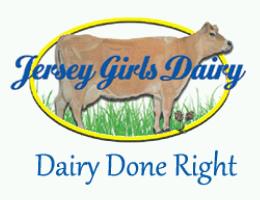 |
Jersey Girls Dairy & Farm Store | 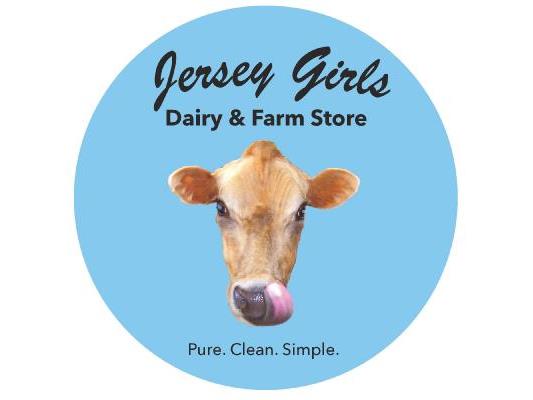 |
 |
Jersey Girls Dairy & Farm Store |  |
| Home | Our Products | About Us | Jersey Boyz Veal | Notes from Farmer Lisa |
| Light Protection Packaging | Visit Jersey Girls | Veal for Chefs | Photo Gallery |
| It's OK to Eat Veal...
Really Jersey Girls Dairy is listed with Buy Better
Dairy |
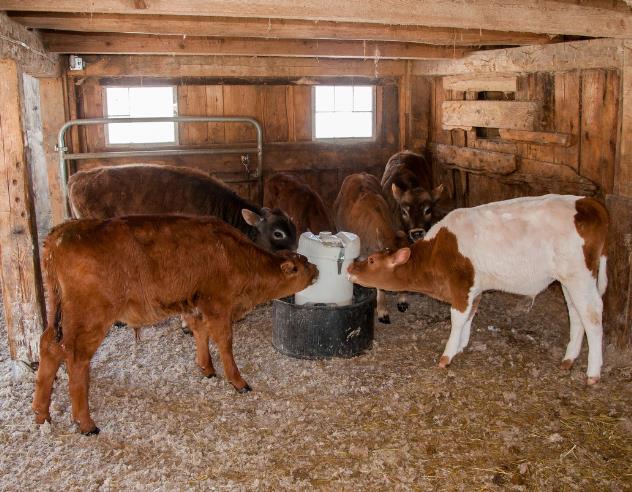 |
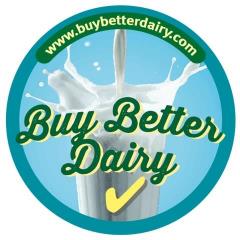 |
The history of Jersey Boyz veal is the story
of small dairy operations, economics and thoughtful
farming. Our male Jersey calves are raised for 4
months (to about 400lbs) on mother's milk in a free
range environment. They are kept in an open barn
without restraints, free to roam in and out of the barn
at will. The sale of these veal calves is an
important part of the economics of a small dairy farm
like ours. The meat from these uniquely raised animals is considered 'rose' veal versus the 'blonde' veal many are used to seeing and tasting. The taste is clean and light, probably unlike any veal you have ever tasted. Our veal has been featured at The James Beard House in NYC - as the centerpiece of a dinner themed "The Vermont Veal Renaissance". Jersey Boyz veal is currently served at some of the top restaurants in Vermont and a limited amount of meat is available in our retail store for sale to consumers. |
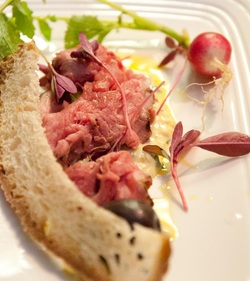 |
If you are a chef and are interested in working with us to develop your veal program and ordering whole/half animals for your restaurant please contact us. We will design a program to suit your needs. | 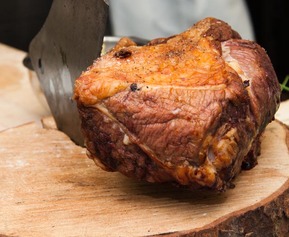 |
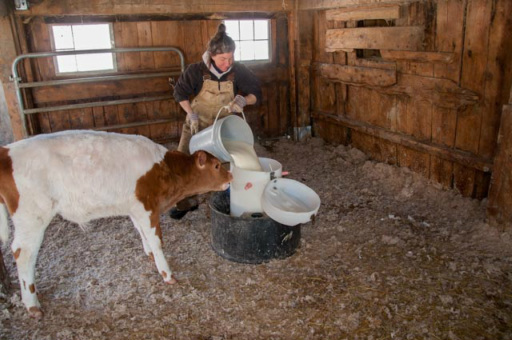 In
an interview with Lisa Kaiman, Farmer and Owner, Local Banquet
Magazine wrote: “The reason I got started doing veal was
because my customers were begging me to do it. They loved veal
but they didn’t want to eat the cruelly raised kind.”
In
an interview with Lisa Kaiman, Farmer and Owner, Local Banquet
Magazine wrote: “The reason I got started doing veal was
because my customers were begging me to do it. They loved veal
but they didn’t want to eat the cruelly raised kind.”
So says Lisa Kaiman, who runs Jersey Girls Dairy in Chester, which provides milk to Woodcock Farm for its cow cheeses. She could relate to her customers’ unease. To avoid sending her bull calves to industrial veal facilities or out-of-state slaughterhouses, Kaiman used to give her calves to fellow farmers and friends. “I couldn’t sleep at night if I sent them to any of those places,” she says.
But soon thereafter she began raising her bulls in spacious indoor pens where they drink fresh milk from “free feeders” and eat hay. In contrast, industrial veal calves are given milk replacer that deliberately keeps their iron and fiber levels low, producing pallid meat. When her calves are four months old and topping roughly 400 lbs. she trailers them to a certified-humane slaughterhouse.
Read the whole Local Banquet Article